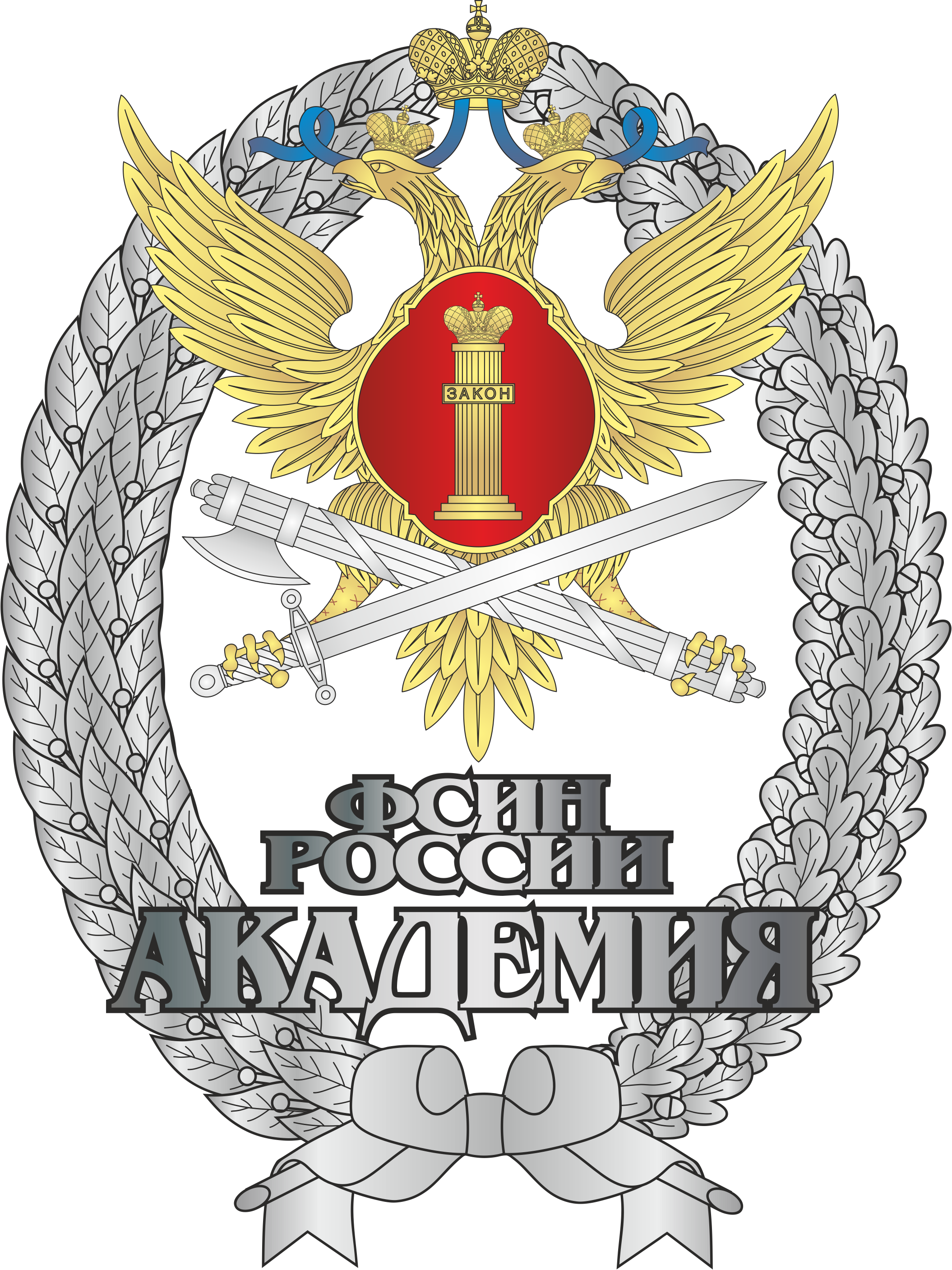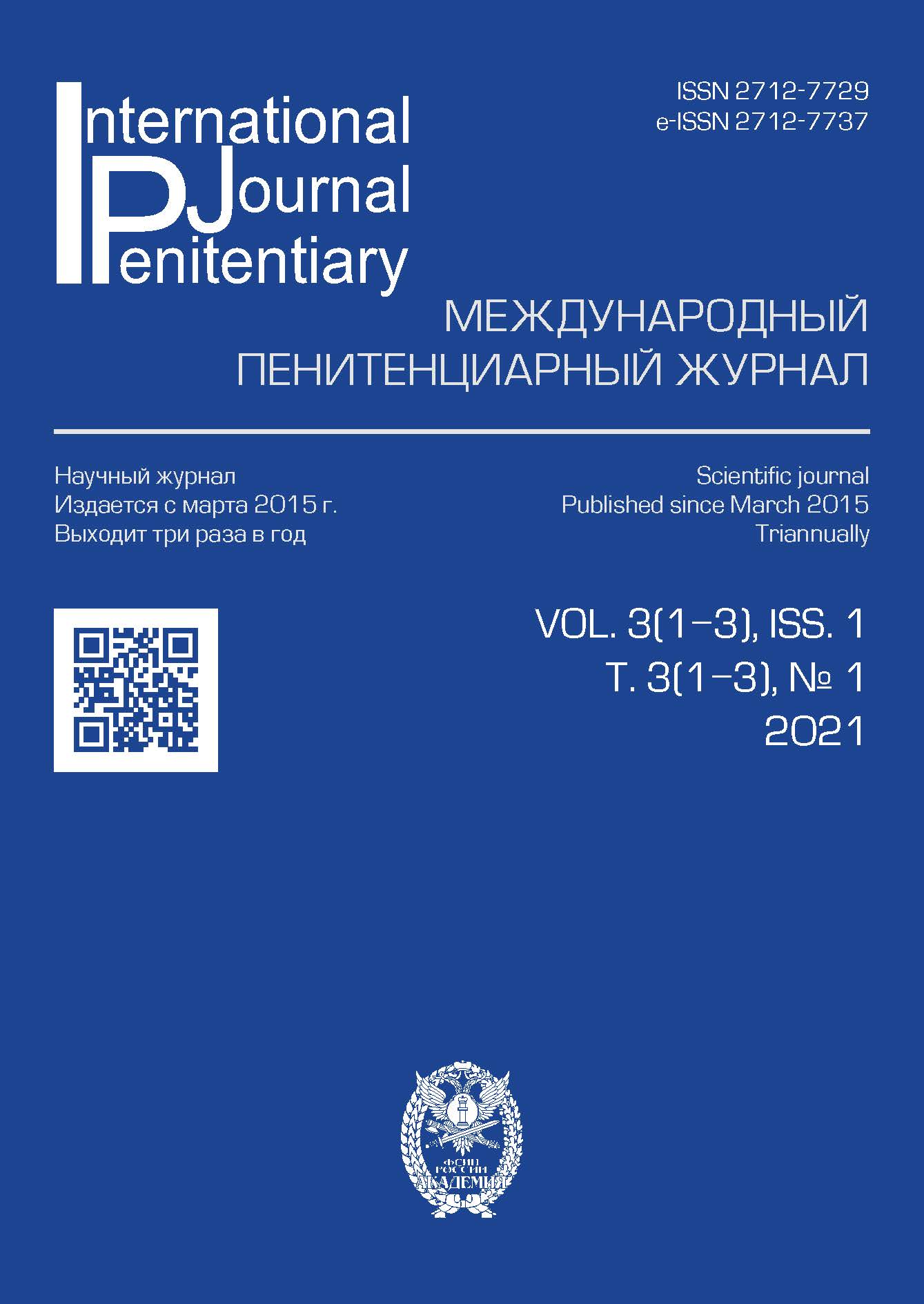Uzbekistan
Currently, the Republic of Uzbekistan is actively implementing reforms of the penal legislation and the Penal system. Their main tendency is to abandon the previously dominant opinion about the possibility of reducing crime by toughening penalties and to choose a course for strengthening and developing legal norms that promote greater individualization and differentiation of criminal responsibility. However, we have to admit that the current system of punishments does not have measures that can achieve the goal of correcting convicted persons without elements of isolation from society, but under the supervision of competent law enforcement agencies. The relatively rare use of the restriction of liberty, in the author's opinion, is explained by the insufficient development of the mechanism for its implementation, in particular, the means of ensuring its execution. The execution of a sentence in the form of restriction of liberty is ensured by a whole system of means that are closely interrelated. Conditionally, such means can be divided into two main groups: control-supervisory and psychological-educational means. Based on the results of the study, the author comes to the following conclusions. The enforcing means of liberty restriction are designed to create a reliable legal guarantee of the implementation of the principle of punishment inevitability and the fullest possible realization of the goals of punishment. Currently, there is no practice in Uzbekistan of using electronic means of control and supervision of persons sentenced to restriction of liberty. At the same time, only the implementation of the electronic tracking tools specified in the legislation for the control and supervision of persons sentenced to restriction of liberty, the definition of a specific order and methods of surveillance can affect the development of positive experience in the use of electronic bracelets in the Republic of Uzbekistan. A special category of persons sentenced to restriction of liberty is juveniles. When conducting educational work with them, it is necessary to take into account the factors that affect their behavior. In this regard, it is proposed to create a public organization consisting of juveniles at the age of 14 to 18 years, located at the inspection of the sentences execution of the internal affairs bodies and conducting educational activities with juveniles sentenced to restriction of liberty.
Republic of Uzbekistan, criminal policy, penal system, criminal punishment, restriction of liberty, means of enforcement of punishment
1. Borisenko, I. V. 2012, Organization and legal basis of the activities of penal inspections in the field of prevention of repeated crimes among convicted persons who are on record: PhD thesis (Law), Pskov.
2. Velichko, A. N. 2006, Activities of the Court for the prevention of crimes: PhD thesis (Law), Tyumen.
3. Podroykina, I. A. 2007, ‘Goals of punishment’, Legal Bulletin of the Rostov State University of Economics, iss. 2, pp. 56-59.
4. Khantseva, G. G. 2009, ‘Analysis of the problem of correction in the penitentiary system in Russia’, The world of science, culture, and education, iss. 4, pp. 100-103.
5. Chernysheva, D. V. 2010, Organizational and legal basis for the activities of penal inspections to attract convicts to serve mandatory and correctional labor: PhD thesis (Law), Ryazan.
6. Solonenko, N. & Mel'nikova, A. 2007, ‘Organization of psychological work with convicts without isolation from society’, Vedomosti of the penal system, iss. 2, pp. 19-21.
7. Rozhkov, S. A. 2013, ‘Some features of the punishment execution in the form of restriction of liberty’, Bulletin of the Perm University, Legal Sciences, iss. 4, pp. 292-298.












